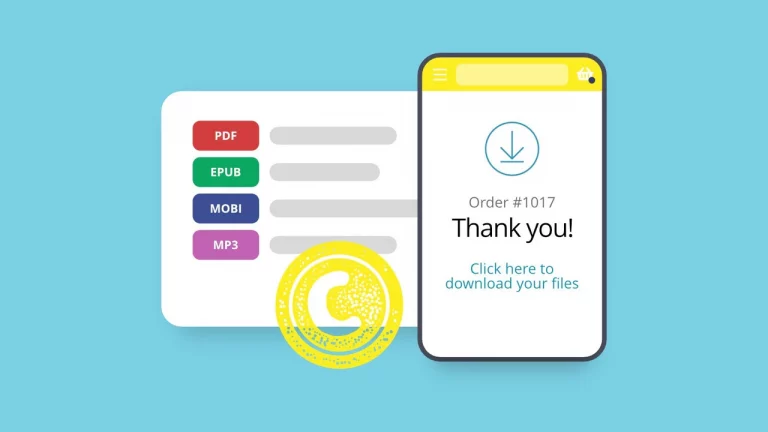
A tecnologia tem desempenhado um papel cada vez mais importante na saúde das mulheres, proporcionando ferramentas para monitorar e entender melhor seu ciclo menstrual e fertilidade. Com o advento dos smartphones e aplicativos móveis, agora é mais fácil do que nunca para as mulheres acompanharem seu ciclo menstrual, prever sua ovulação e entender os padrões únicos de seu corpo.
Esses aplicativos não apenas oferecem conveniência, mas também ajudam as mulheres a se sentirem mais capacitadas e informadas sobre sua saúde reprodutiva.
Um dos principais recursos dos aplicativos de saúde feminina é o rastreamento do ciclo menstrual. Esses aplicativos permitem que as mulheres registrem o início e o término de seus períodos menstruais, bem como quaisquer sintomas associados, como cólicas ou alterações de humor. Com base nessas informações, os aplicativos podem prever com precisão os próximos períodos menstruais e até mesmo ajudar as mulheres a identificar padrões em seu ciclo.
Todavia, alguns aplicativos também permitem que as mulheres monitorem outros aspectos de sua saúde, como temperatura basal e muco cervical, para uma compreensão mais abrangente de sua fertilidade.
Outro recurso valioso oferecido por muitos aplicativos de saúde feminina é a capacidade de prever a ovulação. Ao registrar informações sobre seu ciclo menstrual, sintomas e outros fatores de saúde, as mulheres podem receber estimativas precisas sobre quando estão mais propensas a ovular.
Isso é especialmente útil para mulheres que estão tentando engravidar, pois podem identificar seus dias mais férteis e planejar suas atividades de acordo. Além disso, para aquelas que desejam evitar a gravidez, o conhecimento dos dias mais férteis pode ajudar na prática de métodos contraceptivos naturais.
A conectividade proporcionada por esses aplicativos não apenas fortalece os laços entre as mulheres, mas também pode ter um impacto positivo em sua saúde mental e emocional. O apoio mútuo e a compreensão encontrados nessas comunidades online podem ajudar as mulheres a lidar melhor com o estresse relacionado à saúde feminina, reduzir a ansiedade e promover um senso de empoderamento.
Esses aplicativos podem permitir que as mulheres registrem sintomas como dores de cabeça, alterações de humor, acne e fadiga, fornecendo insights sobre como seu ciclo menstrual pode estar afetando seu bem-estar físico e emocional. Além disso, alguns aplicativos oferecem recursos educacionais, fornecendo informações sobre saúde feminina, contracepção e planejamento familiar.
À medida que a conscientização sobre a saúde feminina continua a crescer, muitos aplicativos estão incorporando recursos de compartilhamento de dados e conectividade social. De fato, isso permite que as mulheres compartilhem suas informações de saúde com parceiros, médicos ou outros profissionais de saúde, facilitando discussões significativas sobre sua saúde reprodutiva.
Essas comunidades online proporcionam um espaço seguro e acolhedor para as mulheres discutirem questões relacionadas à saúde feminina, compartilharem dicas e estratégias, e oferecerem apoio emocional umas às outras. Através dessas interações, as mulheres podem se sentir menos isoladas em suas experiências e encontrar solidariedade em seus desafios comuns.
Os aplicativos de saúde feminina desempenham um papel crucial ao capacitar as mulheres a entender e cuidar melhor de sua saúde reprodutiva. Ou seja, desde o rastreamento do ciclo menstrual até a predição da ovulação e o monitoramento de sintomas, esses aplicativos oferecem uma gama abrangente de recursos para atender às diversas necessidades das mulheres em todas as fases da vida.
Em última análise, os aplicativos de saúde feminina estão desempenhando um papel fundamental na capacitação das mulheres para cuidarem melhor de si mesmas e de sua saúde reprodutiva. Contudo, desde o rastreamento do ciclo menstrual até o compartilhamento de experiências em comunidades online, esses aplicativos oferecem uma abordagem abrangente e holística para a saúde feminina.